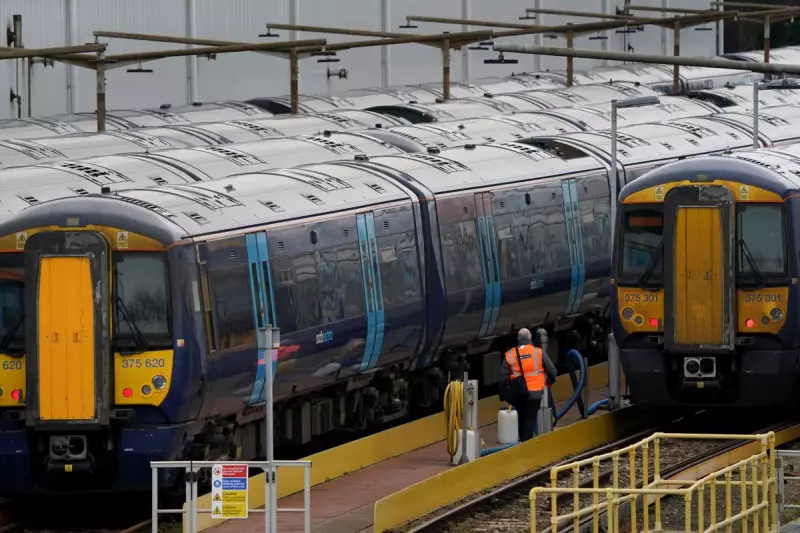
In a dramatic U-turn that has sent shockwaves through Britain's transport sector, the government has officially abandoned its flagship plan to create Great British Railways - a sweeping overhaul that was meant to revolutionise the nation's railway system.
The ambitious reform, first announced in 2021 by then-Transport Secretary Grant Shapps, was designed to end the fragmentation plaguing Britain's railways by bringing track and train operations under a single, unified body. The move was touted as the most significant rail restructuring since privatisation in the 1990s.
The Promise That Faded
The vision for Great British Railways was compelling: a new, integrated organisation that would oversee infrastructure, ticketing, timetables and fares. Based outside London in Derby, it aimed to create a more passenger-focused system while delivering better value for taxpayers.
However, the plan has been stuck in political limbo for years, with the necessary legislation repeatedly delayed amid ministerial changes and shifting priorities. The final nail in the coffin appears to be the government's decision to focus on more immediate transport issues rather than structural reform.
Industry Reaction and Future Implications
Rail industry insiders have expressed deep disappointment at the decision. Many had hoped the reform would bring much-needed stability and clarity to a sector still recovering from the pandemic's impact on passenger numbers.
Alan Jones, PA Industrial Correspondent, reports that the abandonment leaves major questions unanswered about how the government intends to address the fundamental challenges facing Britain's railways. These include:
- Fragmented decision-making between Network Rail and train operators
- Complex ticketing systems that confuse passengers
- Long-term funding uncertainty for infrastructure projects
- The need for better integration between different transport modes
What Comes Next for UK Rail?
While the Great British Railways brand has been shelved, the government insists it remains committed to rail reform through alternative means. However, critics argue that without the comprehensive approach promised by GBR, the underlying structural issues will persist.
The decision represents a significant setback for those advocating for a more integrated, efficient railway system capable of meeting Britain's future transport needs and environmental targets.
As passengers continue to face unreliable services and complex fares, the question remains: if not Great British Railways, then what solution will finally fix Britain's broken railways?





